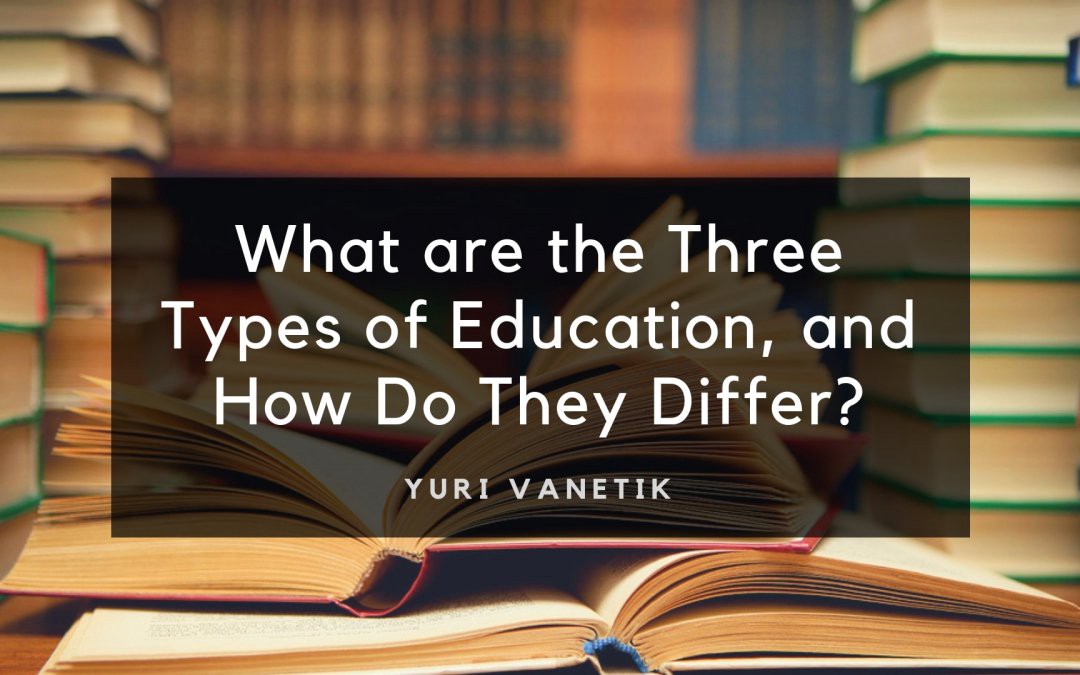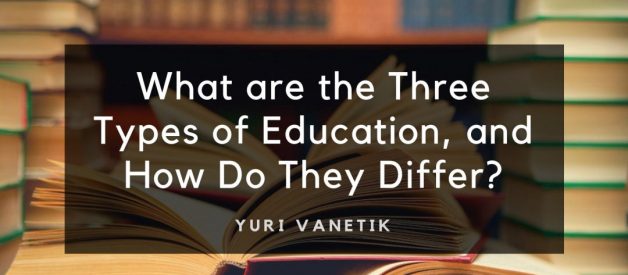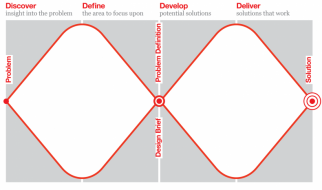
Education can mean different things to different people. Some people will see education as something that happens in a classroom, while others might see it as something that comes from life experiences. According to experts, there are three different types of education, each of which has its characteristics. Let?s take a look at them and how they differ from one another.
Formal EducationFormal education is anything that is taught in a formal setting such as a classroom. It usually begins in elementary school and continues through middle school, high school, and beyond. In formal education, students who are usually grouped by age or education level are taught by professional teachers in a structured environment. The curriculum is planned and deliberate and often follows a strict syllabus created by the teacher or another education professional.
Informal EducationInformal education refers to any kind of education that doesn?t use a formal learning and teaching method. It covers everything from a parent teaching a child how to read or count in the home to being taught a skill by a friend. It consists of experiences and learning from being a part of a family and community as opposed to a structured classroom setting.
Non-Formal EducationOne would think that non-formal education would be similar to informal education based on its name, but it has more in common with formal education in that it often involves instruction from a teacher. However, it does not rely on a syllabus or any other set structure. If there is a structure in place, it is malleable by the teacher and can be customized to meet a student?s needs. Some examples of non-formal education include job training, adult education courses, fitness courses, and any one-on-one tutoring session that can be customized with the student in mind.
Most types of education will fall into one of these three categories, and you will encounter examples of each of them throughout your life. Most people will receive a formal education when they go to school, but they will receive an informal education from their family and community when the school day comes to an end. They will also receive a non-formal education as they grow older and need to be trained in skills that aren?t taught in the classroom. Each of these three types of education is equally important, and they are what will turn a person into a well-rounded individual.
Originally posted on YuriVanetik.net.


